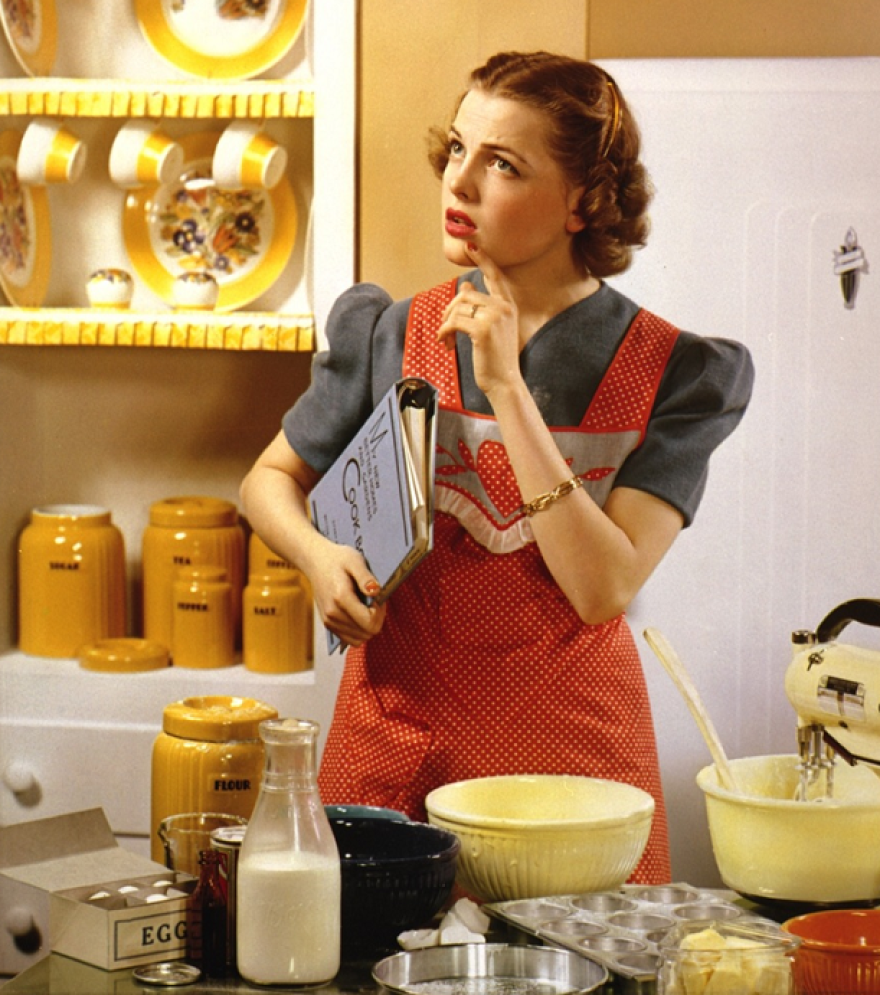(Until the 1974 state Constitution, women in Louisiana were legal “chattel”, i.e., property of their fathers or husbands. This is the second of a two-part series looking at “a woman’s place” in Louisiana, more than 40 years later.)
Last week, the New York Times and other media outlets said “Louisiana won the DNC roll call vote” – for enthusiasm.
“We are one Louisiana! Louisiana knows that love Trumps hate,” state Senator Karen Carter Peterson, Louisiana’s Democratic Party chair, declared in Philadelphia. “We proudly cast our votes for the first woman President of the United States, Hillary Rodham Clinton!” she added, to resounding cheers.
But back at home, enthusiasm for women in elected office is nowhere near the same. Just 15-percent of state legislators are female, ranking Louisiana 45th for the ration of women to men in its legislature. And, as Angela Adkins with the National Organization for Women notes, “There is an overall lack of respect for women in our legislature.”
That lack of respect got national attention this spring, as well, with the so-called “joke amendment” to a human trafficking bill and the female House members’ responses. And the day after that amendment was offered and withdrawn, a House committee killed the Equal Pay bill. It was the eighth year in a row the measure had been offered, and the eighth year in a row that it failed.
These are not isolated incidents. Female lawmakers, like Rep. Malinda White, often have trouble being heard.
“I ask that I can get your attention, so that we fully understand what we are voting on,“ Rep. White pleaded, when presenting HB 38 near the end of the 2nd special session. Her request for attention was not heeded.
“I’m going to quit speaking until the place gets quiet,” she finally said, in frustration. “We can be here all night if you like.”
She received no help from the House Speaker.
Rep. Julie Stokes had different trouble being heard. During a Fiscal Note Review committee meeting at the end of the first special session.
“Let me interject something. I understand…” moderator of the meeting, Rep. Chris Broadwater, interrupted Stokes’ presentation
“Could I be allowed to finish? ‘Cause I was just like…” Stokes began to ask.
“Maybe,” Broadwater inrjected.
“…talking, and I had like four sentences left, and I haven’t seen anyone else get interrupted up here.”
“Miss Stokes.”
“And it was my bill that was the source of this mee…”
Broadwater turned off her microphone.
What’s the solution?
“We need women who will run for office,” Adkins states.
But of the 63 candidates who qualified for the November 8th congressional elections, only 3 are women.


